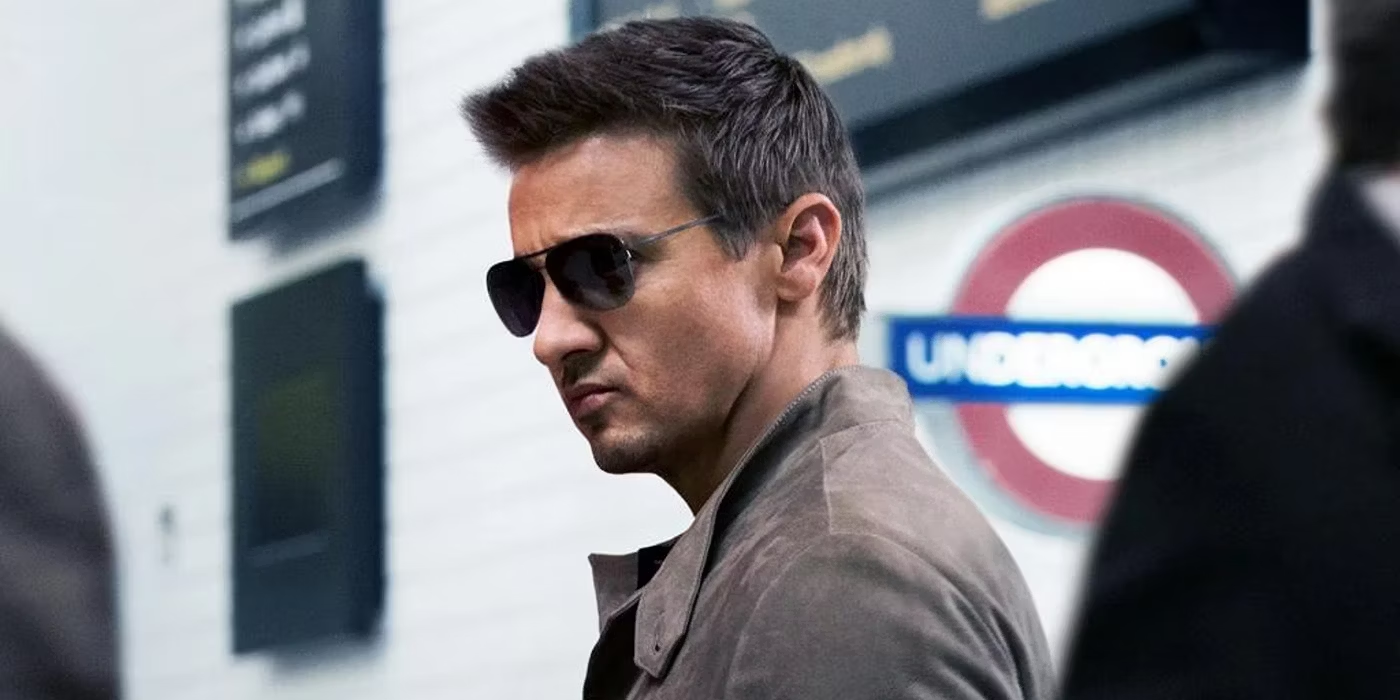Jeremy Renner, widely recognized for his dynamic roles across blockbuster franchises and critically acclaimed films, has made a conscious decision to distance himself from the label of a “character actor”—a term famously embraced by peers like Christoph Waltz and Mads Mikkelsen. Renner’s journey from playing bit parts to becoming a household name through his portrayal of Hawkeye in the Marvel Cinematic Universe and his action-packed roles in the Bourne and Mission: Impossible series, showcases his versatility and commitment to leading roles that resonate with audiences worldwide.

The Evolution of Jeremy Renner
Renner’s acting career, marked by a series of struggles and breakthroughs, began in less glamorous roles such as extras and side characters in music videos. His persistence paid off when he landed the role of the notorious serial killer Jeffrey Dahmer in the 2002 film Dahmer. This performance not only showcased his ability to tap into complex characters but also paved the way for his casting in Kathryn Bigelow’s Oscar-winning film The Hurt Locker. Renner’s portrayal of Sergeant First Class William James brought him critical acclaim and solidified his status in the industry.
Why Renner Rejects the “Character Actor” Label
Despite his success in roles that could be considered ‘character’ driven, Renner has expressed a distinct preference for leading roles. In a 2012 interview with The Guardian, he articulated his views on the differences between character actors and leading men:
“So-called character actors usually have supporting roles, which means that you have less colors on the palette to paint a three-dimensional character. But with lead roles, like Aaron Cross, you still do that – it’s just a bit easier.”

His perspective highlights a desire for the depth and breadth that leading roles offer, enabling him to paint a richer, more vivid character portrait.
The Impact and Appeal of Character Actors
Despite Renner’s personal stance, the world of character actors remains vibrant and influential. These actors often leave indelible marks on the audience, mastering the art of becoming one with their roles—whether in drama or comedy. Christoph Waltz’s portrayal of Colonel Hans Landa in Inglorious Basterds and Mads Mikkelsen’s chilling performance in Hannibal are testaments to the powerful impact character actors can have, captivating audiences and adding complex layers to the films and shows they partake in.
Characters like Maya Rudolph in Saturday Night Live and Irrfan Khan in Slumdog Millionaire further exemplify the versatility and depth character actors bring to the table, often becoming the soul of the narratives they help bring to life.

Renner’s Path and Legacy
Jeremy Renner’s deliberate choice to steer clear of being typecast as a character actor allows him a broader canvas to showcase his acting prowess. While he respects the artistry that character roles demand, Renner prefers roles that offer a wider scope for development and personal expression. His career trajectory not only reflects his versatile capabilities but also his ambition to leave a lasting legacy in Hollywood as a leading man who continually captivates and surprises the audience.
Renner’s decision to prioritize leading roles over character-driven performances demonstrates his strategic approach to his career, ensuring that he remains not just a fixture in major Hollywood productions but also a compelling storyteller who brings depth and nuance to every character he portrays.